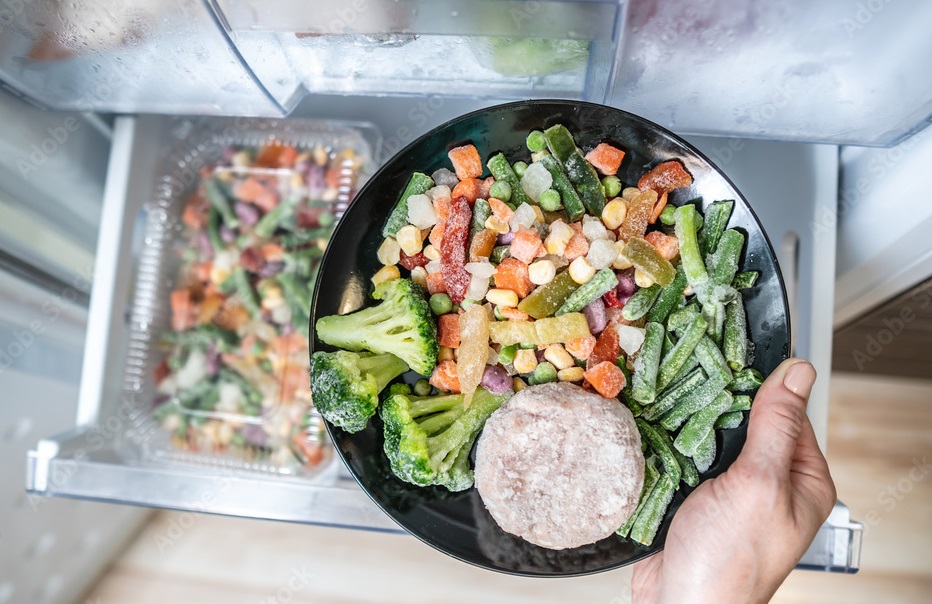Frozen food is a lifesaver for many of us—whether it’s the last-minute meal fix or a budget-friendly option for busy weeks. But while it’s convenient, leaning too heavily on frozen meals might bring some health issues along for the ride. Let’s dive into what could go wrong if frozen foods become the mainstay of your diet.
What are the Health Risks of Eating Too Much Frozen Food?
Here are some of the potential drawbacks and concerns associated with a diet heavy in frozen meals:
1. Missing Out on Key Nutrients
Ever noticed how frozen meals sometimes seem to lack that fresh, vibrant taste? It’s not just in your head. Freezing and reheating can diminish some of the essential vitamins and minerals in your food. Plus, those handy frozen dinners often come with a hefty dose of preservatives and additives, which aren’t doing your nutrient intake any favors.
Tip: Balance your meals by including fresh fruits and vegetables. They’re packed with nutrients and can help make up for what’s lost in the frozen fare.
2. High Sodium Content
A lot of frozen foods are packed with sodium, which is used to keep things fresh and tasty. While it might make your meal flavorful, too much sodium can lead to high blood pressure and other heart-related issues. And if you’re munching on those salty frozen snacks or pizzas regularly, the sodium can really add up.
Tip: Check those nutrition labels carefully and go for low-sodium options when you can. Complement frozen meals with fresh, whole foods to keep your sodium levels in check.
3. Unhealthy Fats on the Menu
Frozen meals often contain unhealthy fats like trans fats and saturated fats. These fats are used to improve taste and texture, but they can also raise your cholesterol levels and increase your risk of heart disease. If you’re consuming a lot of frozen meals, these unhealthy fats can add up quickly.
Tip: Look for frozen foods with healthier fats, such as those made with olive or avocado oil. And try to cut back on heavily processed options to keep those unhealthy fats at bay.
4. Sneaky Added Sugars
Some frozen meals and snacks have added sugars to enhance flavor and preserve freshness. While they make things taste good, too much sugar can contribute to weight gain and increase your risk of diabetes.
Tip: Read the labels to spot added sugars and choose products with minimal sugar content. Opt for fresh fruit or unsweetened snacks to satisfy your sweet tooth without overloading on sugar.
5. Digestive Discomfort
Ever feel like your digestive system is not quite right after a frozen meal? It might be because many frozen foods are low in fiber, which is essential for keeping things moving smoothly in your digestive tract. A diet heavy in frozen foods might lead to constipation or other digestive issues.
Tip: Add fiber-rich foods like fruits, vegetables, and whole grains to your meals. Mixing these with your frozen options can improve digestion and help keep things regular.
6. Diet Imbalance
Relying mostly on frozen foods can mean missing out on a balanced diet. These meals often lack variety and the fresh, wholesome ingredients that make up a well-rounded diet.
Tip: Use frozen food as a convenient option rather than your go-to. Try to cook meals with fresh ingredients and use frozen foods as occasional additions to your overall diet.
Conclusion:
Frozen food is a fantastic convenience, but it’s essential to be mindful of how often you rely on it. By paying attention to what’s in your frozen meals and making sure to include a variety of fresh, nutrient-rich foods in your diet, you can enjoy the convenience without compromising your health. Remember, moderation and variety are key to maintaining a healthy diet.
Also Read:
